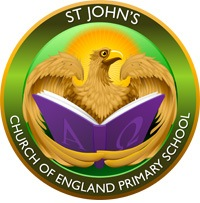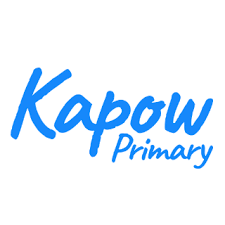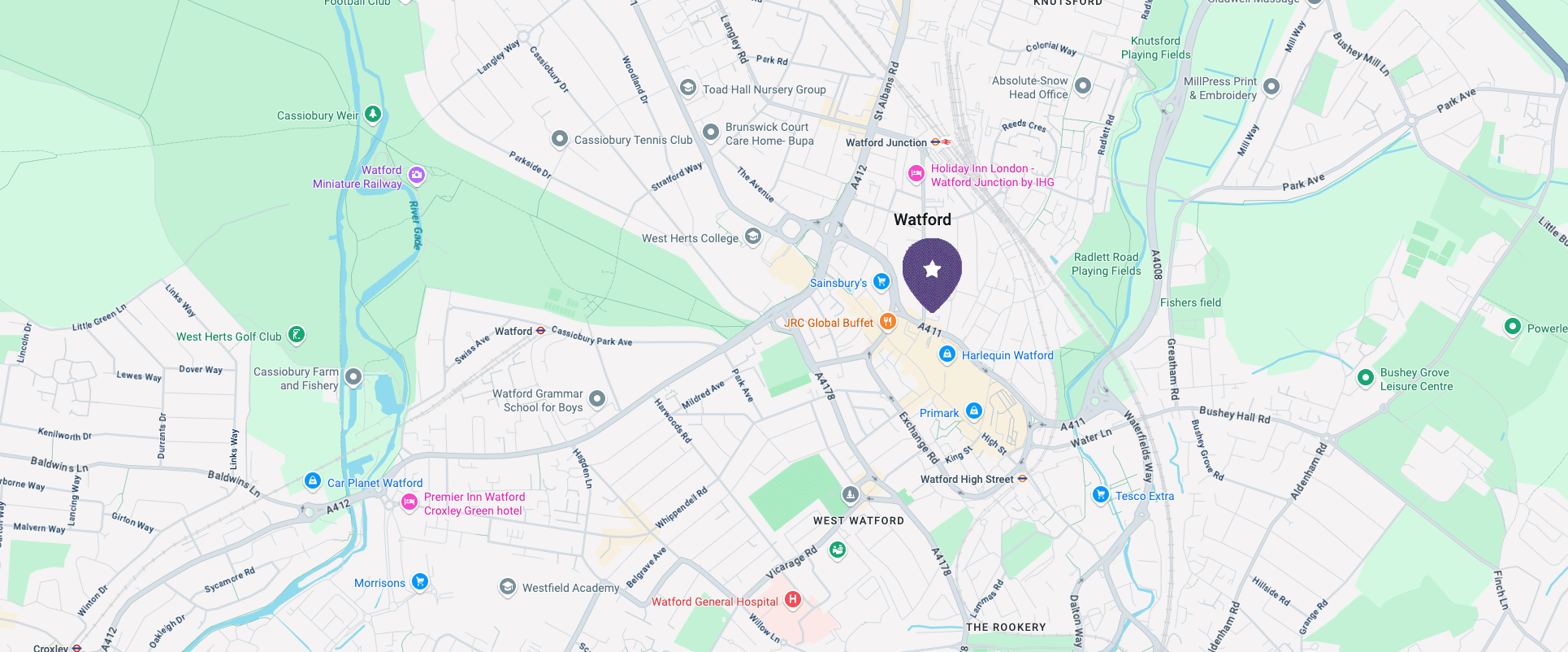Science

Our Vision for Science at St John’s, including the EYFS curriculum
At Watford St John’s, our vision is for children to develop a love and appreciation of science by understanding how it helps us to make sense of the world and enriches our everyday lives. We want every child to experience what it means to be a scientist through hands-on exploration, investigation, and discovery, guided by skilled and reflective teaching.
Through our curriculum, children are encouraged to be thoughtful, questioning, and inquisitive learners. They will develop the skills to ask meaningful scientific questions and understand how to answer them, learning to plan and carry out investigations in a range of contexts. We nurture children’s curiosity, encouraging them to investigate, research, debate, and draw their own conclusions based on evidence. They are also taught how to present their findings clearly and confidently, just as scientists do in the wider world.
We follow the Kapow Primary Science scheme, which provides a clear progression of knowledge and skills across all year groups. This ensures children build a deep and connected understanding of key scientific concepts, while also developing their working scientifically skills through engaging, practical,
and age-appropriate learning experiences.
As an inclusive school, we are committed to ensuring that all children, including those with SEND, can access and achieve in science. Lessons are carefully adapted with appropriate scaffolding, resources, and teaching strategies to meet the needs of diverse learners. This may include breaking tasks into smaller steps, using visual supports and concrete materials, pre-teaching key vocabulary, or providing alternative ways for children to demonstrate their understanding. By reducing barriers to learning, we enable every child to participate fully, develop their scientific thinking, and experience success.
Our ultimate aim is for children to leave Watford St John’s with:
-
A secure foundation of scientific knowledge and understanding,
-
The confidence and skills to continue exploring the world through science, and
-
The inspiration to see themselves as the next generation of scientists, innovators, and problem-solvers.
Science in EYFS
In the Early Years Foundation Stage (EYFS), science is embedded within the area of learning called “Understanding the World”, which focuses on children making sense of their physical world and their community. Through exploration, play, and hands-on investigation, children begin to develop early scientific skills, curiosity, and vocabulary.
Here’s how science is implemented in EYFS:
1. Exploration and Curiosity
-
Children are encouraged to observe and explore the world around them, noticing patterns, changes, and cause-and-effect relationships.
-
Opportunities for exploration are provided through continuous provision, outdoor play, and planned activities that encourage questioning and wonder.
-
Adults model scientific thinking by asking open-ended questions such as “What do you notice?”, “What might happen if…?”, and “Why do you think that happened?”.
-
Children are supported to follow their own interests and develop independence as young scientists.
2. Observing the Natural World
-
Children learn about plants, animals, and seasonal changes through hands-on experiences in their outdoor area, such as planting seeds, watering plants, and caring for flowers and herbs.
-
A mud kitchen and sensory play opportunities allow children to explore natural materials such as soil, sand, and water, and notice how these materials behave in different conditions.
-
Even within an urban setting, children are encouraged to observe and talk about nature around them - for example, spotting birds, insects, trees, clouds, and weather changes, or exploring natural materials and collections brought into the classroom.
-
These experiences help children to develop care and respect for living things and to begin making connections between their actions and the environment.
3. Investigating Materials and Properties
-
Through play with water, sand, and everyday materials, children explore concepts such as floating and sinking, melting and freezing, and changes in state.
-
They are given opportunities to sort, classify, and compare objects based on their properties (e.g., rough/smooth, magnetic/non-magnetic, heavy/light).
-
Simple investigations, such as testing which objects roll, which materials absorb water, or which containers hold the most, lay the foundations of working scientifically.
-
Practical exploration is at the heart of learning, encouraging children to test ideas, solve problems, and think creatively.
4. Developing Scientific Language and Thinking
-
Scientific vocabulary is introduced and reinforced through play, stories, songs, and conversations, helping children to describe what they see, notice, and predict.
-
Adults model language such as grow, change, heavy, light, float, sink, warm, cold and encourage children to use these words in context.
-
Visual prompts, signs, and multi-sensory approaches ensure accessibility for all children, including those with SEND, so that every learner can engage and communicate their understanding.
5. Practical, Play-Based Experiences
-
Science learning is embedded in everyday play, making it meaningful and relevant to children.
-
Role-play areas such as a vet’s surgery, garden centre, or recycling station encourage children to explore scientific ideas through imaginative play.
-
Storybooks with scientific themes are used to spark curiosity and discussion, linking new ideas to familiar experiences.
-
Open-ended resources such as magnifying glasses, pipettes, ramps, and containers promote investigation and problem-solving.
-
Seasonal celebrations, weather charts, and observing changes in the school environment help children to connect science to their daily lives.
By the end of Reception (age 5), children are expected to:
-
Explore and talk about the natural world, making observations and drawing on their experiences.
-
Recognise similarities and differences between the natural world and contrasting environments, including those they have read about or seen in books and media.
-
Begin to use early scientific vocabulary to describe what they notice, make simple predictions, and talk about changes they have observed
Impact
As we have recently adopted the Kapow Primary Science scheme, we are in the early stages of implementation and therefore recognise that the full academic impact will take time to be seen in assessment outcomes and data. However, there are already encouraging signs of progress, particularly in pupils’ attitudes towards science and their engagement with lessons.
Early evidence of impact includes:
-
Pupil voice, which shows children are excited about science, enjoy the practical investigations, and talk confidently about what they have learned.
-
Teacher observations, which highlight increased curiosity, questioning, and use of scientific vocabulary during play and structured activities.
-
Work samples, showing improvements in how children record their ideas and present their findings.
As the curriculum becomes embedded, we expect to see:
-
A clear progression of scientific knowledge and skills across the school, with pupils revisiting and building on prior learning.
-
Children confidently working scientifically, planning and carrying out investigations with increasing independence.
-
Greater fluency in scientific vocabulary, enabling pupils to explain their thinking and make links between different scientific concepts.
-
Improved outcomes in statutory assessments and readiness for the next stage of education.
-
Pupils who see themselves as scientists, recognising how science connects to their own lives and to the wider world.
We will measure this impact through:
-
Formative assessment in every lesson to check understanding and address misconceptions, guided by Kapow’s assessment prompts.
-
Summative assessment through unit quizzes and knowledge catchers at the start and end of each unit.
-
Pupil conferencing and book looks to capture evidence of progression in knowledge, skills, and vocabulary.
-
Ongoing teacher reflection and adaptation, ensuring lessons remain accessible to all learners, including those with SEND.
Over time, the success of our science curriculum will be seen in pupils leaving Watford St John’s with the skills, knowledge, and confidence they need to thrive in Key Stage 3 and beyond. They will have the ability to think critically, solve problems, and approach the world with curiosity and scientific understanding.

